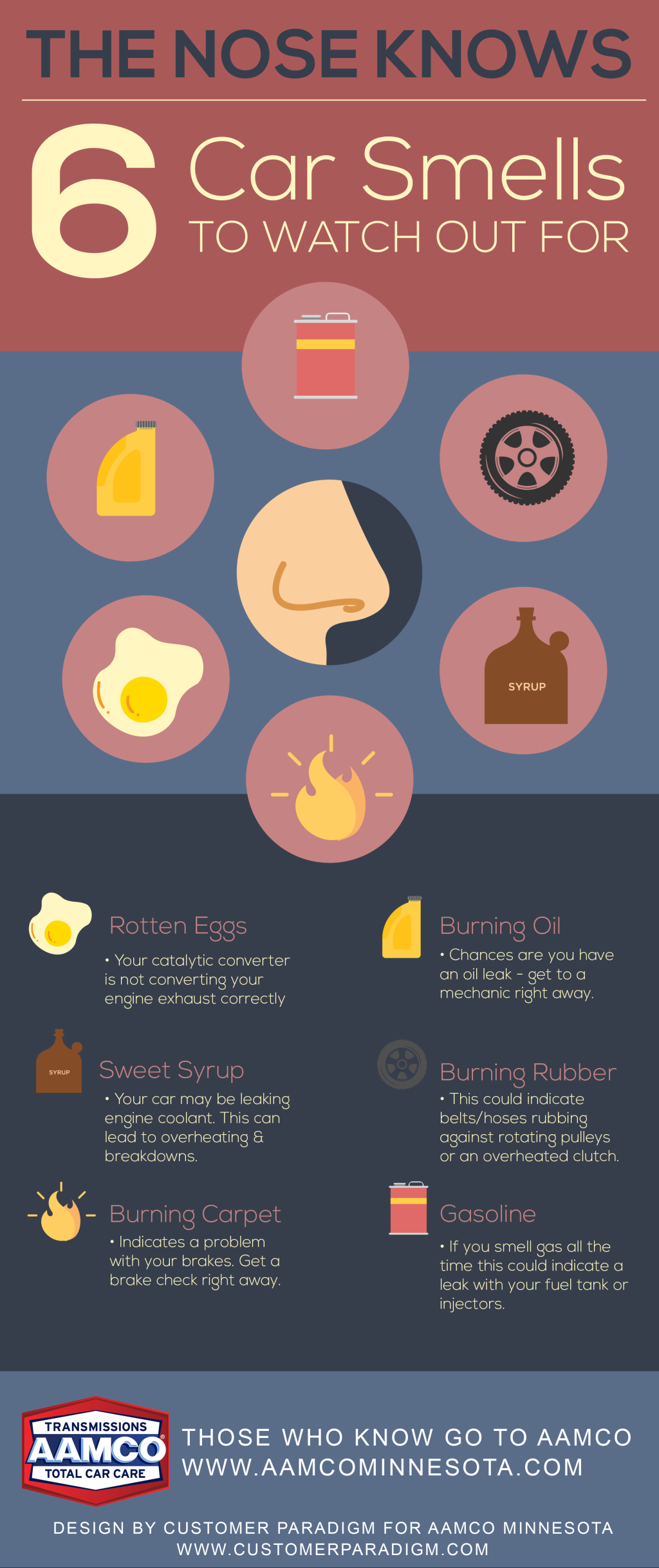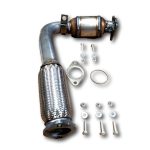Eliminate The Danger Of Catalytic Converter Smell: Take Action Now!
Catalytic Converter Smell Dangerous: Understanding the Risks and Taking Action
Introduction
Hello, Converter enthusiasts! Are you aware of the potential dangers associated with a catalytic converter smell? In this article, we will delve into the topic of catalytic converter smell dangerous, providing you with a comprehensive understanding of the risks involved and the necessary steps to ensure your safety. So, let’s get started!
1 Picture Gallery: Eliminate The Danger Of Catalytic Converter Smell: Take Action Now!
What is Catalytic Converter Smell?
🔍 Catalytic converter smell refers to the odor emitted by a malfunctioning catalytic converter in a vehicle’s exhaust system. This distinct smell is often described as rotten eggs or sulfur-like, indicating the presence of hydrogen sulfide gas.
Who is at Risk?

Image Source: aamcominnesota.com
🔍 Anyone who owns a vehicle equipped with a catalytic converter is potentially at risk of encountering a dangerous smell. This includes both drivers and passengers of cars, motorcycles, and other motorized vehicles.
When Does the Smell Occur?
🔍 The smell from a malfunctioning catalytic converter can occur at any time while the vehicle is running, but it is more likely to be noticeable during acceleration or at higher speeds when the engine is under heavier load.
Where Does the Smell Come From?
🔍 The smell originates from the catalytic converter itself, which is a component of the vehicle’s exhaust system. When the converter is not functioning properly, it fails to properly convert harmful emissions, resulting in the release of hydrogen sulfide gas.
Why is Catalytic Converter Smell Dangerous?
🔍 Catalytic converter smell dangerous is not only unpleasant but also poses health risks. Hydrogen sulfide gas is toxic and can cause a range of symptoms, including headaches, dizziness, nausea, and even respiratory problems. Prolonged exposure to this gas can lead to more severe health issues.
How to Address Catalytic Converter Smell?
🔍 If you suspect a problem with your catalytic converter or notice a strong smell, it is essential to take immediate action. Here are some steps you can take:
1. Stop driving the vehicle: Park your vehicle in a safe location and turn off the engine to prevent further exposure to the dangerous smell.
2. Seek professional help: Contact a certified mechanic or automotive technician to inspect and diagnose the issue with your catalytic converter.
3. Repair or replace the converter: Based on the mechanic’s recommendation, repair or replace the faulty catalytic converter to ensure proper functioning and eliminate the dangerous smell.
4. Regular maintenance: Follow the manufacturer’s recommended maintenance schedule to prevent future catalytic converter issues and ensure optimal vehicle performance.
5. Stay informed: Stay updated on the latest information regarding catalytic converter smell dangerous and take necessary precautions to protect yourself and others.
Advantages and Disadvantages of Catalytic Converter Smell
🔍 It is important to consider both the advantages and disadvantages of catalytic converter smell dangerous. Let’s explore them:
Advantages:
👍 1. Environmental protection: Catalytic converters help reduce harmful emissions, contributing to a cleaner environment.
👍 2. Legal compliance: Many regions require vehicles to be equipped with functioning catalytic converters to meet emission standards.
👍 3. Engine performance: A properly functioning catalytic converter helps maintain the overall performance of the vehicle’s engine.
Disadvantages:
👎 1. Health risks: The smell of a malfunctioning catalytic converter can be hazardous to human health, causing various symptoms and potential long-term health issues.
👎 2. Vehicle damage: A faulty catalytic converter can lead to decreased fuel efficiency, engine misfires, and other performance issues.
👎 3. Costly repairs: Repairing or replacing a catalytic converter can be expensive, especially if the issue is not addressed promptly.
Frequently Asked Questions (FAQ)
Q: Can I continue driving my vehicle if I notice a catalytic converter smell dangerous?
A: No, it is recommended to stop driving the vehicle and seek professional help to diagnose and fix the issue.
Q: Can I eliminate the smell temporarily without repairing the catalytic converter?
A: Temporary solutions may mask the smell, but it is crucial to address the underlying issue by repairing or replacing the catalytic converter.
Q: How often should I have my catalytic converter inspected?
A: Regular inspections and maintenance are recommended as part of your vehicle’s overall care. Consult your vehicle’s manual or a trusted mechanic for specific guidance.
Q: Can I clean a clogged catalytic converter myself?
A: It is best to leave the cleaning and repair of a catalytic converter to professionals with the necessary expertise and equipment.
Q: Are there any alternative options to catalytic converters?
A: While there are some alternative emission control technologies, catalytic converters remain the most commonly used and effective solution.
Conclusion
In conclusion, it is crucial to be aware of the risks associated with a catalytic converter smell dangerous. Taking immediate action, such as seeking professional help and repairing or replacing the faulty converter, is essential to ensure your safety and the well-being of others on the road. Remember, regular maintenance and staying informed are key to preventing future issues. Stay safe!
Final Remarks
The information provided in this article aims to educate readers about catalytic converter smell dangerous and its potential risks. It is important to consult a professional mechanic or automotive technician for accurate diagnosis and proper handling of any issues related to catalytic converters. The content presented should not be considered a substitute for professional advice. By reading this article, you acknowledge that the author and publisher are not responsible for any actions taken based on the information provided. Safety should always be the top priority.
This post topic: Converter



![JEGS Torque Converter for GM TH/TH [- RPM Stall Speed]](https://supercashpay.biz/wp-content/uploads/2023/07/jegs-torque-converter-for-gm-th-th-rpm-stall-speed-150x150.jpg)